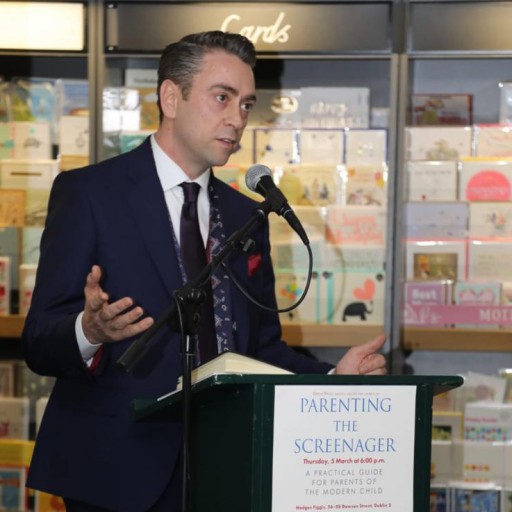While your goose may not exactly be cooked just yet, she is certainly looking a little more rotund around the waist with those few extra pounds she has put on in the last number of weeks. Her broadening belt signals the arrival of the silly season, for we are rapidly hurtling towards Christmas; the season of goodwill, merriment, and let’s be honest, over indulgence.
It is also the season we reconnect, for better or for worse, with our loved and not so loved ones.

For some, this always places a considerable amount of stress on them because many of our familial relationships are strained.
Christmas seems to be the time that those fractious relationships get dragged out of the shadows and placed under the microscope for all to see
When we move into our middle life, we have so many relationships to navigate. Some of the most complicated relationships we will ever have to manage in our brief time on this planet are the ones we have with our extended family. And it isn’t always easy to hide your true feelings about a certain member of your family unit. And Christmas can really test the best of us.
So, you have to give yourself a break too, and realise that you are not always going to get along with everyone and not everyone in that family ecology deserves your friendship.
As we get older, we generally tend to care less about being liked by everyone, for we come to understand what a futile and exhausting road that can be. However, when clients come to me looking for help with managing difficult relationships I often ask them a series of questions:
- What is it about that person in particular that annoys you?
- What do they bring up for you?
- Whom do they remind you of?
- How are you in that relationship?
- What do you think you contribute to the way you communicate to each other?
Often these questions lead us down the sinuous road of childhood and often I confront a particular type of person that they had a negative interaction with and in some cases, the person they do not like in fact reminds them of themselves. That can be a startling revelation to have and can help to heal that relationship. In last week’s article I explored the context of children’s behaviour.

I believe when we know the context it is very difficult to view a person in linear terms and it is also very difficult to judge someone or dislike them, because you now understand their position and why they acted a certain way. So, over the next few weeks think about the person you are not looking forward to meeting and ask yourself those questions, and answer them honestly. As much as we would like to place the entire blame on someone else, we have to think about how we position that person in any interaction with us. Often we can hold a particular belief about someone and that belief colours every interaction we have with them.
For example, you might think that someone you know is false and gossips a lot, so whenever you are in a conversation with them you tell them nothing about yourself in case you become a source of their gossip, and so they might come to think that you’re a distant and cold person, and the negative relational pattern will go on and on until you analyse why you believe that about the person.
Maybe they were a gossip but maybe they’ve changed. Or maybe just maybe they act like that around you because they feel that you hold that view of them, labels don’t predict the future they write them. It is challenging the genesis of the presuppositions we hold about people that can really help ameliorate the most complicated of relationships.
When you marry, you not only take on a partner but you also take into your life everyone that orbits your partner’s world, to a certain extent when you say ‘I do’ you are also saying it to everyone else in his/her life
And you may need a master’s in international diplomacy to get through those relational dynamics unscathed because they are so complicated and laden with landmines that even the most skilled amongst us are found adrift navigating them.
Christmas has that rare power to illuminate any little simmering tension and cause it to boil over. So this year, why not try a different approach? Why not let it all slide? Why not say to yourself, it will all be over in a few days and how I experience it will depend on how I view it.
Think of that Danish Prince, ‘there is nothing either good nor bad but thinking makes it so’ and this Christmas, as you walk into the room filled with both loved and loathed ones, let it all slide. Take a breath and embrace the moment, for it too shall pass. And remember you have the power to change the dynamics of any relationship you are in, the question this Christmas is; do you want to?
As you walk into the room, filled with both loved and loathed ones, let it all slide.



